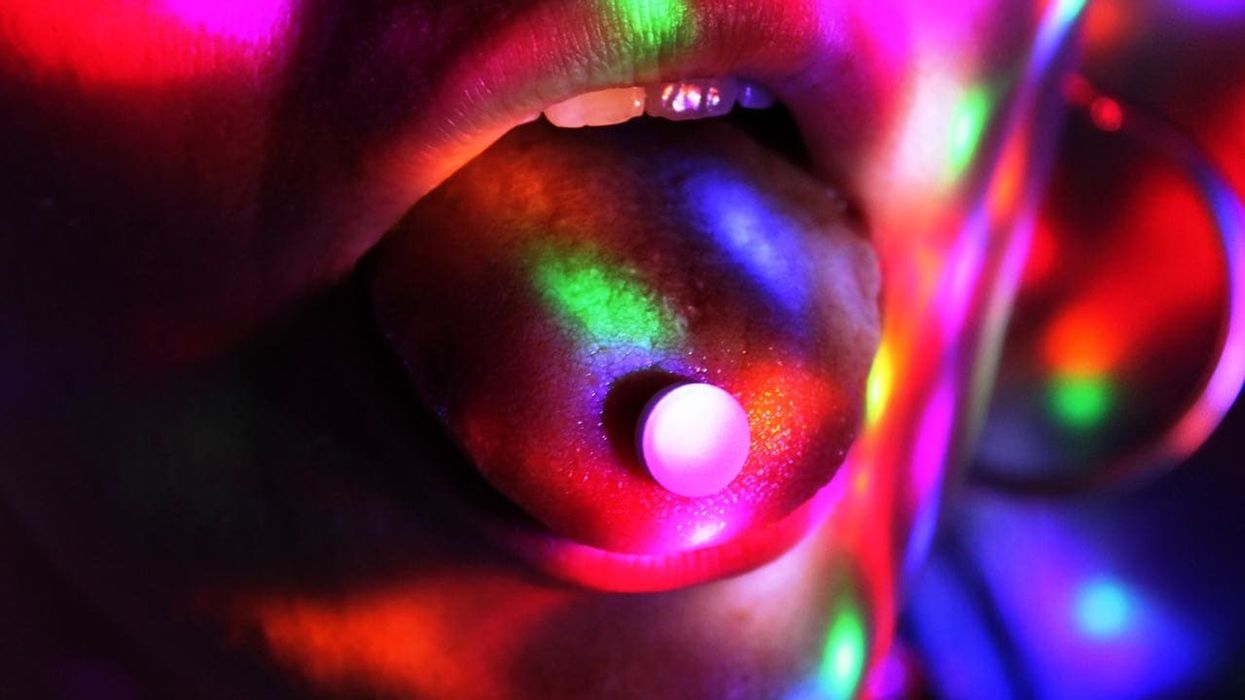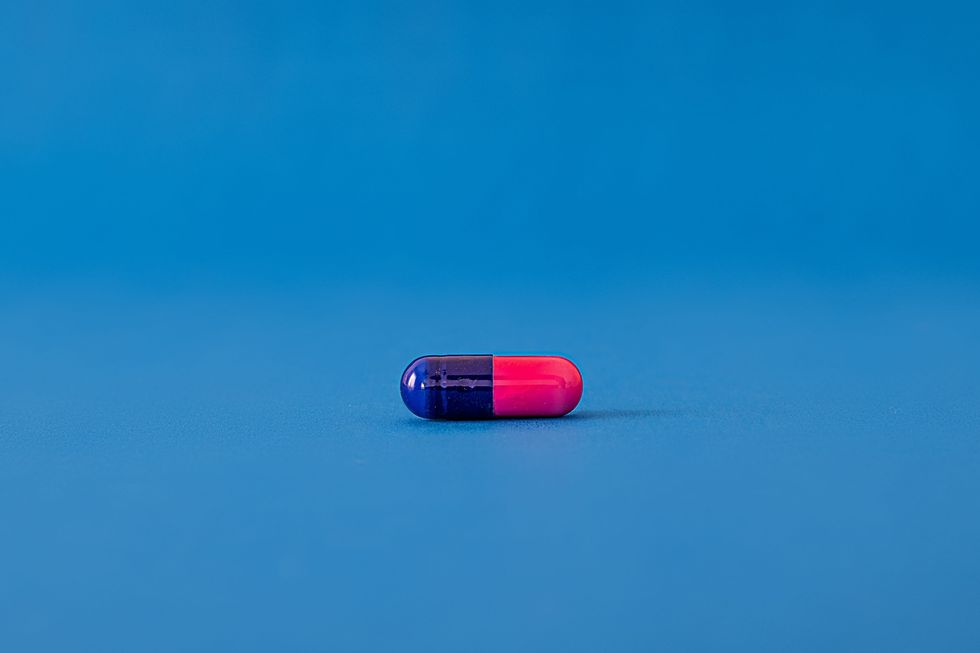Post-Traumatic Stress Disorder (PTSD) is a severe mental health condition that affects millions of individuals worldwide. It often emerges after experiencing or witnessing traumatic events, such as combat, natural disasters, physical or sexual assault, and serious accidents.
The symptoms of PTSD can be debilitating, including flashbacks, nightmares, severe anxiety, and avoidance of triggers related to the traumatic event. While current treatment options involve a combination of medication and therapy, not all individuals respond positively to these treatments, and some may experience challenging side effects.
In recent years, the medical community has witnessed growing interest in alternative treatment approaches, including the use of psychedelic substances. The Multidisciplinary Association for Psychedelic Studies (MAPS) conducted a Phase 3 clinical trial, which explored the effectiveness of MDMA-assisted therapy for individuals with severe PTSD, and the results have the potential to revolutionize the landscape of PTSD treatment.
The MAPS Study
The MAPS study, a Phase 3 clinical trial, was designed to evaluate the efficacy of MDMA-assisted therapy in treating individuals with severe PTSD who had previously not responded well to conventional treatments. It included 104 participants who had been diagnosed with treatment-resistant PTSD.
MDMA, also known as ecstasy or molly, is a psychoactive substance classified as a Schedule I drug by the Drug Enforcement Administration (DEA). This classification denotes that it has no accepted medical use and carries a high potential for abuse. However, previous research has suggested that when administered in a controlled and supervised therapeutic setting, MDMA may have therapeutic benefits.
The primary objective of the MAPS study was to delve deeper into the potential therapeutic advantages of MDMA and collect evidence to support its application as a treatment for PTSD.
Groundbreaking Results: MDMA-Assisted Therapy Shines
The outcomes of the MAPS study were nothing short of groundbreaking. They demonstrated that MDMA-assisted therapy significantly outperformed traditional treatments for PTSD. After 18 weeks of treatment, an astonishing 86.5 percent of participants who received MDMA-assisted therapy reported clinically meaningful symptom improvements, compared to only 69 percent of those who underwent counseling alone.
This substantial difference in effectiveness underscores the potential of MDMA-assisted therapy as a treatment option for individuals with PTSD who have not responded positively to conventional therapies. Furthermore, it prompts a vital question: why is MDMA seemingly more effective? To find an answer, we must explore the potential benefits that MDMA-assisted therapy offers.
Unlocking the Potential Benefits of MDMA-Assisted Therapy
Experts believe that MDMA holds promise in alleviating the symptoms of PTSD due to its unique ability to:
1. Reduce Fear and Anxiety: MDMA has demonstrated the capacity to reduce fear and anxiety, offering relief to individuals with PTSD who often experience severe anxiety and overwhelming fear related to their traumatic memories.
2. Enhance Empathy and Introspection: MDMA can enhance empathy and introspection, enabling individuals to better understand and connect with their own emotions and those of others. This heightened empathy can be invaluable during therapy sessions.
3. Improve Communication Skills: The substance has shown potential in boosting communication skills, particularly in therapy settings. Enhanced communication can lead to more effective therapeutic interventions.
4. Facilitate Letting Go of Self-Critical Thoughts: MDMA has the unique ability to help individuals release self-critical thoughts, promoting a healthier relationship with themselves and their past experiences.
5. Enhance Trust and Vulnerability: It can improve trust and increase openness and vulnerability during therapy sessions, enabling individuals to process traumatic memories and emotions more effectively.
All these potential benefits of MDMA-assisted therapy hold the promise of significantly improving the outcomes for individuals grappling with treatment-resistant PTSD. Nevertheless, it is essential to acknowledge the limitations and potential challenges that this study and MDMA therapy, in general, entail.
The Road Ahead for MDMA-Assisted Therapy
MDMA-assisted therapy, particularly for the treatment of PTSD, is a promising avenue that could soon be available for patients who haven't responded well to traditional treatments.
However, there are limitations and challenges, including small sample size and concerns about accessibility and affordability. Despite these hurdles, MAPS is in discussions with the FDA to seek approval for MDMA-assisted therapy by the end of 2023, a milestone that could transform mental health treatment.
As the field of psychedelic therapy gains momentum, there is a growing need to address the practicality of access to these treatments, especially for those who may not afford the costs.
The prospect of insurance coverage for MDMA-assisted therapy is under discussion. Insurance providers are likely to consider covering such treatments if they prove to be effective in treating PTSD and can potentially lead to long-term savings by improving the health of their risk pools. However, challenges exist, particularly for government-subsidized insurance programs, which face budget constraints.
The goal is to make MDMA therapy accessible to people from diverse socioeconomic backgrounds, and organizations like MAPS are actively working to ensure this access. While obstacles remain, the potential for MDMA-assisted therapy offers hope for individuals living with PTSD, pending further research and regulatory developments.
Despite these limitations and challenges, the results of the MAPS study have laid the foundation for more research and potential FDA approval for MDMA-assisted therapy as a treatment for PTSD.
The MAPS study has illuminated a path of promise for MDMA-assisted therapy in the treatment of PTSD. It introduces a new avenue for individuals who have found little success with traditional treatments and extends a ray of hope for those enduring the profound challenges of this debilitating condition.
Nonetheless, it is imperative to approach this potential treatment option with due caution and continue researching to fully comprehend its advantages and limitations. With appropriate guidance and regulation, MDMA-assisted therapy could evolve into a valuable tool for helping individuals heal from the crippling effects of PTSD.
As we move forward, maintaining an open mind and a cautious stance will be pivotal as we explore this new form of therapy, aiming to provide individuals living with PTSD a more effective means of overcoming their struggles and rebuilding their lives.























 How to Store Magic Mushrooms
How to Store Magic Mushrooms How to Store Magic Mushrooms
How to Store Magic Mushrooms How to Store Magic Mushrooms
How to Store Magic Mushrooms How to Store Magic Mushrooms
How to Store Magic Mushrooms How to Store Magic Mushrooms
How to Store Magic Mushrooms